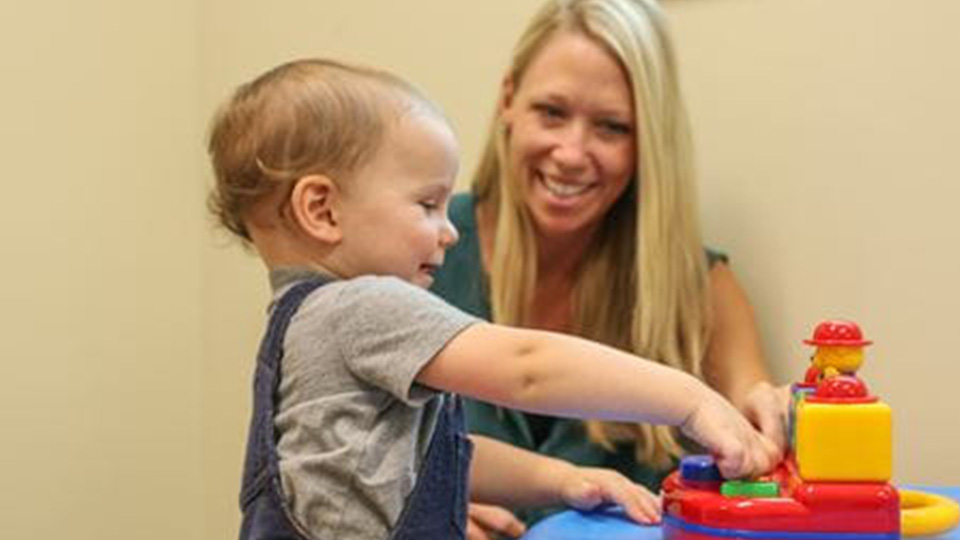IU study shows statewide autism diagnosis training hub is working
Subscriber Benefit
As a subscriber you can listen to articles at work, in the car, or while you work out. Subscribe Now
An Indiana University training system is gaining momentum after a study reaffirms that primary care clinicians with specialized training are better able to diagnose autism in children.
The study, led by IU School of Medicine researchers, found doctors with such training made accurate autism diagnoses for 80% of the kids referred to them for developmental delays. These findings, IU says, are a testament to why community-based models of autism evaluation are needed to improve access to care.
The IU Early Autism Evaluation Hub statewide system seeks to make specialized training accessible to clinicians along with providing collaborative learning opportunities. Providers in the system treat children ages 14-48 months who are more likely to have autism, and 5,000 have been evaluated since the hub was launched in 2012.
“The bottleneck families experience in their road to an accurate diagnosis is a public health problem, because these delays in diagnosis lead to delays in accessing intervention services which are known to improve child and family outcomes,” Dr. Rebecca McNally Keehn, assistant professor of pediatrics and lead author of the study, said in a news release.
A 2023 Centers for Disease Control and Prevention report shows 1 in 26 children are diagnosed with autism, but many areas have significantly long wait lists or barriers to receiving an evaluation.
“This study provides strong evidence that many young children at increased likelihood for autism can receive reliable diagnostic evaluations in their local primary care setting,” McNally Keehn said. “The model also reduces barriers for young children and their families who might otherwise have to travel long distances and endure long wait times.”
You can connect to the full study, published in the journal Pediatrics, by clicking here.
